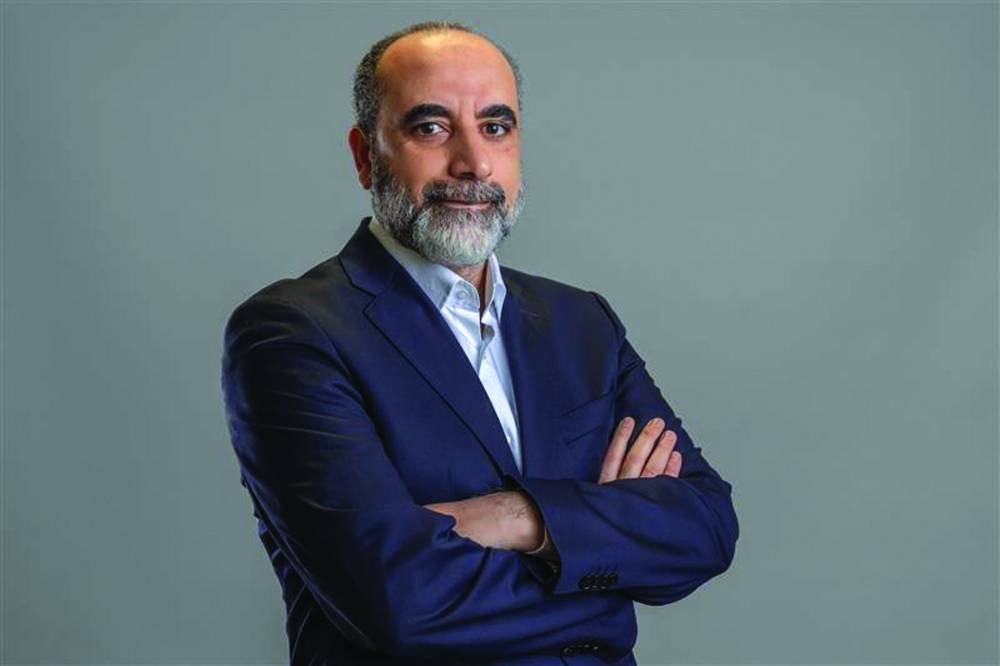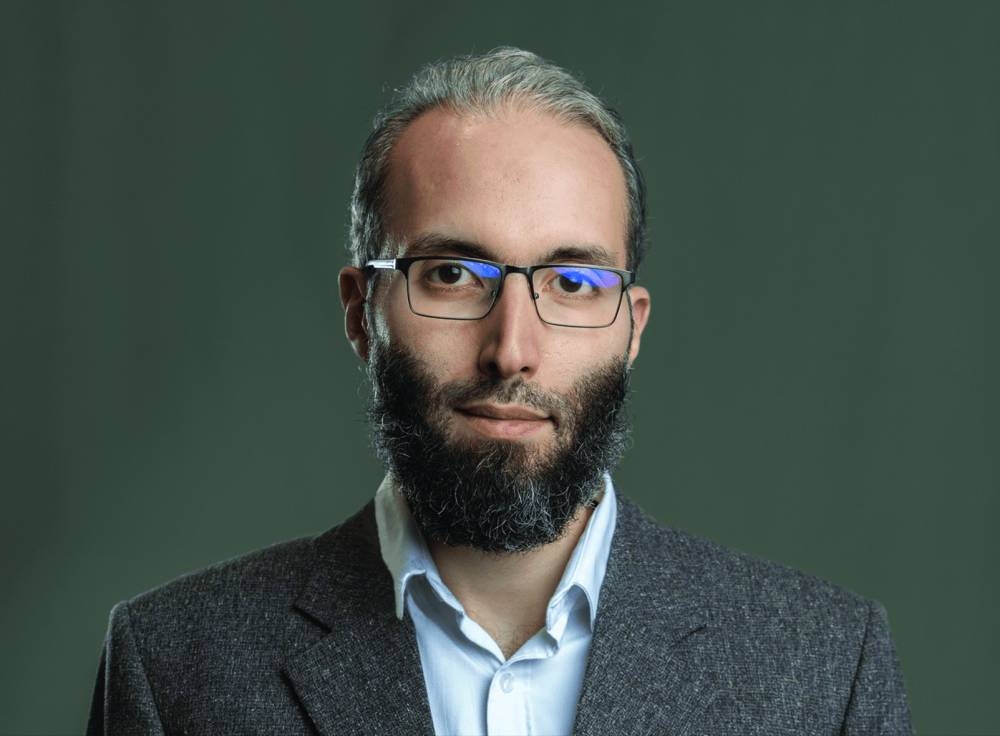Experts from Qatar Foundation (QF) have noted that in the context of Islam, artificial intelligence (AI) has the potential to enhance access to religious knowledge, streamline educational processes, and support spiritual practices.
They also highlighted one significant challenge: its ethical implications.
“The process of training AI models involves feeding vast amounts of data to the system to help it learn,” said Dr Majd Hawasly, a scientist in the Arabic Language Technologies group at the Qatar Computing Research Institute, part of the QF’s Hamad Bin Khalifa University (HBKU).
“The quality and purity of the data used are paramount, that is, being free from biases, misconceptions and harmful content to ensure that AI produces responses that are in line with human values, ethical standards and Islamic teachings,” he said.
As experts explore how AI can be integrated into Islamic contexts, they emphasise the importance of ensuring that AI aligns with Islamic values and, most crucially, does not replace the essential human dimension of faith and spirituality.
AI’s role in Islam raises questions about its potential to support religious practices while preserving the sanctity of the faith, with one area where it could have a significant impact being the enhancement of Islamic education and research.
“AI could enrich the education process,” said Dr Hawasly. “It could help educators in developing faith learning experiences and making them more accessible to people.”
However, he cautioned against using AI as a replacement for scholars.
“The mere idea of replacing scholars is dangerous, yet AI can complement learning and scholarship,” the expert said. “AI can certainly support the scholarly process by organising knowledge and providing relevant resources.”
Dr Mohammed Ghaly, a professor of Islam and Biomedical Ethics at the Research Centre for Islamic Legislation & Ethics at the HBKU’s College of Islamic Studies, acknowledged AI’s potential to enhance accessibility, yet he underscores that human oversight remains essential when interpreting religious texts and providing spiritual direction.
He raised a profound ethical question: Where does AI fit within Islam’s morally significant hierarchy of existence?
“In Islam, beings are ranked in a moral order – humans hold the highest status, followed by animals, with plants occupying a lower tier, and inanimate objects at the very bottom,” Dr Ghaly said. “AI systems and machines would fit into the last category.”
“However, these machines, despite their lack of human or even animal dignity, are perceived as smart and can sometimes outperform humans in certain domains,” he pointed out.
“So, a big question that religions, including Islam, need to think about is – what is the moral standing of AI within a religio-ethical moral framework?” Dr Ghaly posed.
Dr Hawasly also expressed concern over using AI as a “mufti” or an Islamic jurist, pointing out that while AI could have a good grasp of the texts, it lacks the capacity of understanding the personal and cultural context of the enquiry, the potential implications, and the delicate moral and ethical balance that stems from all of that.
“The legitimacy is a significant issue when it comes to providing religious guidance,” he stated. “If we allow it, AI could produce responses to religious queries, but it’s still the responsibility of the individual to validate the answer.”
AI’s ability to generate or retrieve information is based on data and algorithms, but it lacks the understanding of the spiritual significance of these texts without the essential human intuition.
Another area where AI could be particularly helpful is in simulating religious practices, such as teaching children how to pray or correctly recite the Quran.
AI can offer interactive tools that guide users through the physical movements and recitations required in prayer.
Dr Ghaly clarified that while AI can support the religious practice, it cannot replace the human aspect of spiritual communication with God.
“Machines cannot replace humans when it comes to performing religious obligations or engaging in acts of worship,” he stressed.
As AI continues to evolve, Muslim scholars are grappling with the question of how to integrate this technology in a way that is consistent with Islamic values.
Dr Ghaly acknowledged that AI is a natural, if not inevitable, extension of the digital age.
However, its emergence brings forth pressing ethical questions and profound challenges that demand careful consideration.

Dr Mohammed Ghaly

Dr Majd Hawasly
